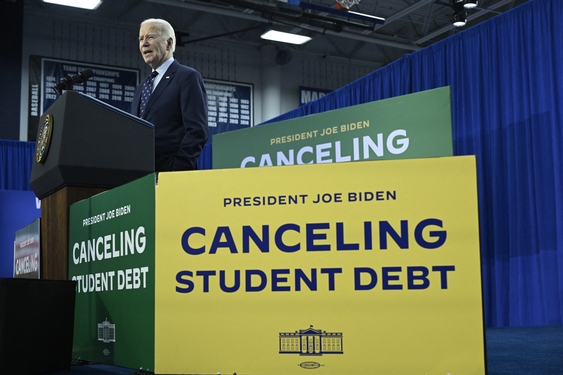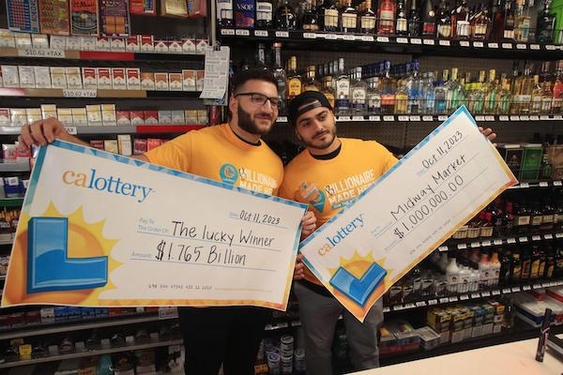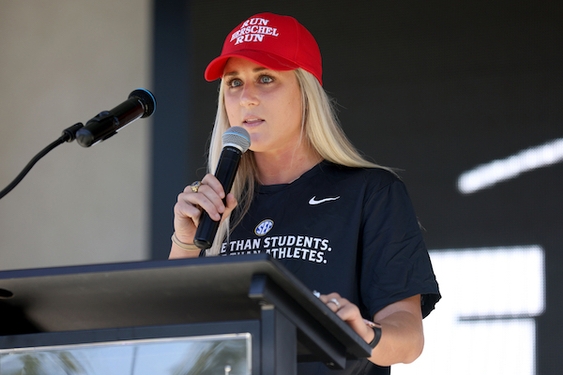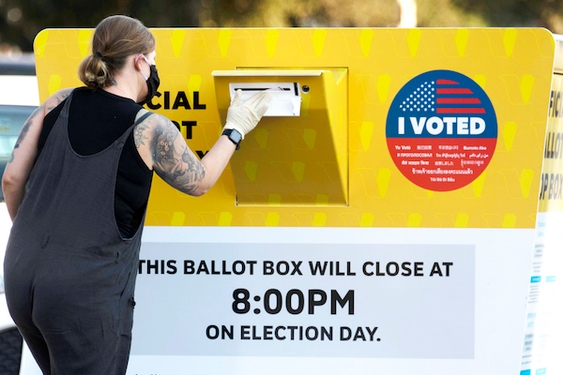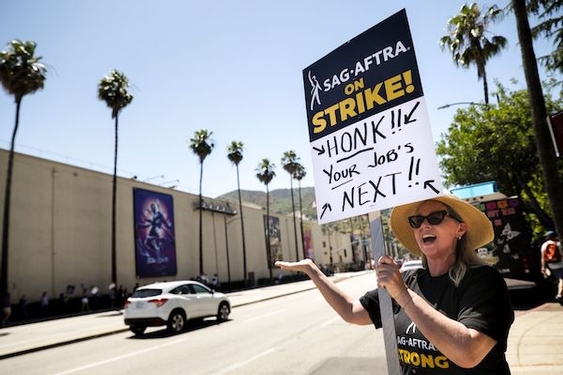Elon Musk’s bid to buy Twitter and take the company private succeeded, 11 days after the world’s wealthiest man first announced that he’d like to buy the social media firm.
After days of back and forth, Twitter’s board approved Musk’s approximately $44 billion offer Monday.
“Free speech is the bedrock of a functioning democracy, and Twitter is the digital town square where matters vital to the future of humanity are debated,” Musk said in a statement announcing the deal. “I also want to make Twitter better than ever by enhancing the product with new features, making the algorithms open source to increase trust, defeating the spam bots and authenticating all humans.”
The company’s leadership initially tried to fend off the bid, adopting a “poison pill” measure that would make a hostile takeover difficult.
But Musk announced Thursday that he had $46.5 billion in financing lined up in filings with the Securities and Exchange Commission, prompting Twitter’s board to meet Sunday to discuss the bid. Following that meeting, the board opened negotiations with Musk that stretched late into the night, according to reporting by The New York Times.
The deal values Twitter stock at around $54 per share, above the $39 per share that the stock was trading at before Musk’s interest in the company became clear in early April, when he purchased a 9% stake in the company, but also well below the stock’s 2021 high of $77 per share.
Musk stated that his interest in Twitter is motivated not by the company’s finances but by its role as a public forum and his belief that he could manage the platform better than its current leadership.
“Having a public platform that is maximally trusted and broadly inclusive is extremely important to the future of civilization,” Musk said at a public interview April 14, a day after he first announced his offer to buy the company. “I don’t care about the economics at all.”
He elaborated on this theme in his SEC filing, writing: “I invested in Twitter as I believe in its potential to be the platform for free speech around the globe, and I believe free speech is a societal imperative for a functioning democracy,” and that he believes “the company will neither thrive nor serve this societal imperative in its current form.”
Since its launch in 2006, Twitter has become one of the core companies of the social media age — but it has had a difficult time becoming a profitable business and has been a site of explosive disagreement over the moderation of online speech.
Founded by Jack Dorsey, Evan Williams, Noah Glass and Biz Stone as a site that allowed users to post 140-character messages using SMS texting, Twitter experienced its first surge of interest after a presentation at the 2007 SXSW festival in Texas.
The next few years brought explosive growth. In 2011, the company announced it had 100 million monthly active users. By the time Twitter went public, in 2013, that number had doubled to more than 200 million people using the platform every month.
But Twitter could not sustain that rate of expansion. While Facebook, Instagram and upstart platform TikTok rocketed past Twitter to more than a billion users in the past decade, Twitter hit a plateau. The company counted 300 million monthly users in 2019 before switching its reported metrics. Now it has 217 million monetizable daily active users, per its latest corporate filings.
Under a series of chief executives, Twitter did figure out how to squeeze more money out of those users. Revenue grew from $1.4 billion in 2014 public to over $5 billion in 2021. But the company only booked a profit in 2018 and 2019, and returned to losing money in the past two years.
Even as its user growth stagnated, however, Twitter became the go-to platform for journalists and politicians, a volatile combination that has turned it into one of the key battlegrounds in the fight over online harassment, the limits of public speech and the power of tech companies.
Nowhere was the battle hotter than in the debate around banning former President Donald Trump from the platform. Over the course of his presidency, Trump used Twitter daily to opine about current events, announce U.S. policy changes and interact with his 88 million followers.
Often, the president’s tweets were untrue, and following the 2020 presidential election, he frequently tweeted the unfounded conspiracy theory that he was the rightful winner of that election, which he claimed was somehow manipulated to make him lose. Following the Jan. 6, 2021, attempt to overthrow the U.S. government, Twitter shut down the sitting president’s account and permanently suspended him from the service.
Musk’s bid for the company and rhetoric around free speech has fueled speculation that he would reinstate Trump’s account. Musk has not commented directly on the possibility. Trump said in an April interview that he “probably wouldn’t have any interest” in returning to Twitter, which he said has “become very boring.”
Musk, whose list of startups includes the company that eventually became PayPal as well as Tesla and SpaceX, has never been banned, but he has faced his own Twitter muzzle, one imposed by the SEC after he claimed in an August 2018 tweet to have “funding secured” for a bid to take publicly traded Tesla private at $420 a share.
Musk had never secured any funding for the deal. The tweet led to fraud charges against him by the SEC. In a settlement, Musk agreed to a $20 million fine and removal as Tesla chairman for three years. It also required him to designate a company officer to review his tweets for possible violations of securities law, a position that came to be known as Musk’s “Twitter sitter.”
Musk continued tweeting information about Tesla stock, about future financial performance, upcoming products and other information that could be construed as the kind of “material information” the SEC had sought to put a brake on. The timing of his replies to followers suggested no review was being conducted.
After Joe Biden became president, the SEC began issuing subpoenas to Musk on the funding secured matter and hinted that it is investigating other matters related to Musk.
Recently, Musk has claimed he was pressured into signing the SEC settlement and did so only because Tesla was on the verge of bankruptcy at the time and fighting the government on fraud charges could have cut off access to financing and sunk the company.
Earlier this month, U.S. District Court Judge Edward M. Chen dealt that defense a setback in a civil lawsuit regarding the tweet. Musk’s lawyers can’t argue that the funding secured tweets were truthful, Chen ruled, because “no reasonable jury could find Musk’s tweets on August 7, 2018, accurate or not misleading.”
———
©2022 Los Angeles Times. Visit at latimes.com. Distributed by Tribune Content Agency, LLC.



